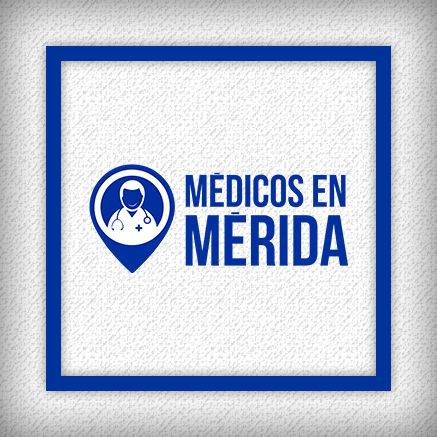When do you need an infectologist?
Many common infections can be treated by your personal doctor. Your doctor could refer you to you with a specialist in infectious diseases, in cases where an infection is difficult to diagnose, is accompanied by high fever, or is not responding to the prescribed treatment. Some infectious diseases that serve infectologists, we can mention: viral hepatitis, sexually transmitted infections (syphilis, gonorrhea, genital herpes, etc.), AIDS, urinary tract infections, upper respiratory tract infections (pharyngoamigdalitis, otitis, sinusitis, flu ), Lower respiratory tract infections (bronchitis, pneumonias), Chagas disease, toxoplasmosis, varicella, tesferin, typhoid fever, malaria, etc.
Infectologists also see healthy people who plan to travel abroad or places where the risk of infection is high. In these cases, infectologists can help you determine if special vaccination or other preventive measures are necessary to protect travelers from acquiring an infectious disease.
How can I reduce the risk of acquiring an infectious disease?
One of the best strategies to prevent infectious diseases is the vaccination or immunization . Make sure you and your children have received all recommended vaccines.
Ask your doctor Advice on other measures that you and your family can do to prevent infections.
Typical procedures
Infectologists frequently review their medical data, including X-rays, and laboratory tests, such as blood chemistry, blood crops, urine, stool, etc.
They can also perform a physical examination that will help determine the cause of the problem. A blood serum analysis can help detect antibodies that indicate what type of infection you have.
Treatments
The treatments prescribed by infectologists consist of medicines (usually antibiotics) that help fight the infection and prevent it from relapse. These medicines can be given to you orally (pills or liquids), or administered directly on your veins, via an intravenous tube.



